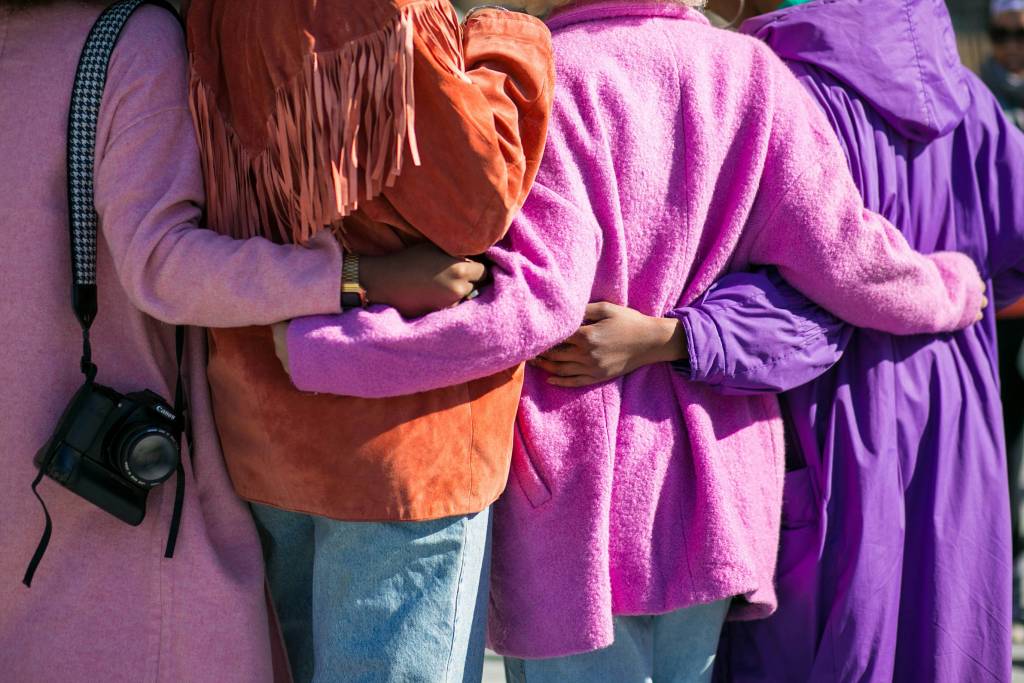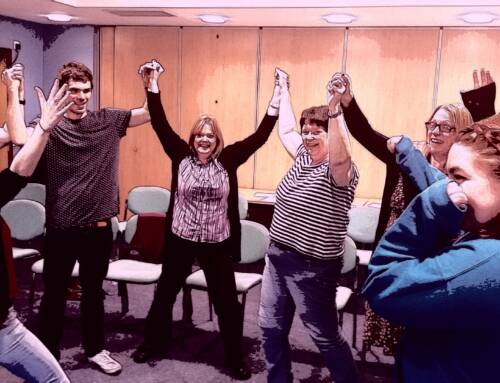As mental health professionals, we recognise that community support is not just beneficial but essential for individuals grappling with mental health challenges. It provides a sense of belonging and connection, which is crucial for emotional well-being. Initiatives like the newly funded MORE BETTER DAYS program illustrate how collective community efforts can create a supportive network, facilitating access to resources, fostering relationships, and promoting understanding. This sense of community can inspire hope, empower individuals to seek help, and ultimately lead to more effective recovery and resilience in adversity.
The collaborative approach of community support recognises that mental health is not just an individual concern but a shared responsibility. By engaging families, schools, and local organisations, we can create an environment where mental health is prioritised and understood, helping to dismantle stigma and fostering open dialogue. Such initiatives enable individuals to find the help they need and contribute to a culture of support and empathy that can transform lives.
Reducing Isolation
When individuals experience mental health difficulties, they often feel isolated and misunderstood, leading to a deep sense of loneliness. Community support networks address this critical issue by establishing safe spaces where people can share their stories and experiences without fear of judgment. Individuals realise their feelings are valid in these supportive environments, and others have faced similar challenges.
This connection is transformative; it reduces feelings of isolation and fosters a sense of belonging, essential for healing. By participating in these networks, individuals gain emotional support, practical resources, and coping strategies from others who understand their struggles. This communal experience can lead to increased empathy, understanding, and the development of meaningful relationships, ultimately contributing to enhanced mental well-being.
Encouraging Open Conversations
Promoting open conversations about mental health is crucial in breaking down stigma. Programs like MORE BETTER DAYS educate community members about mental health issues, creating an environment where discussions are normalised. This openness empowers individuals to seek help and support, ultimately improving outcomes.
Access to Resources
Immediate access to resources is a cornerstone of adequate mental health care, particularly for those in crisis or navigating challenging situations. Community programs like those offered by The AoC are designed to eliminate barriers, ensuring that individuals can receive the necessary support without the burden of long waiting lists or financial constraints.
This accessibility is transformative—it fosters a sense of hope and encourages individuals to take proactive steps toward their healing journey. When resources are readily available, clients feel empowered to engage actively in their recovery, leading to quicker intervention and more successful outcomes. The knowledge that help is just a phone call away can instil confidence, reduce anxiety, and inspire individuals to seek the support they need when they need it most.
Furthermore, the emphasis on immediate access fosters a community-wide culture of support and understanding. It signals that mental health is a priority, encouraging individuals to view seeking help as a strength rather than a weakness. By prioritising accessibility, we can create an environment where individuals feel safe and supported, ultimately enhancing their mental health and overall well-being.
Holistic Approaches to Healing
Community initiatives frequently embrace holistic approaches to mental health, recognising that true healing goes beyond merely alleviating symptoms. Programs like MORE BETTER DAYS focus on understanding the underlying causes of mental health challenges, which may stem from various factors, including emotional, social, and environmental influences. By offering a range of services—such as individual counselling, group therapy, and creative arts therapy—these programs provide tailored support that caters to the unique needs of individuals and families.
This multifaceted approach addresses immediate concerns and fosters long-term resilience and well-being. For instance, creative arts therapy encourages self-expression and emotional exploration, allowing individuals to process their feelings in a supportive environment. Group therapy facilitates connection and shared experiences, reducing feelings of isolation and creating a sense of community.
By integrating different therapeutic modalities, community initiatives can meet clients where they are, empowering them to actively engage in their healing journeys. This comprehensive care model enhances the overall effectiveness of mental health support, helping individuals develop healthier coping mechanisms and a deeper understanding of themselves. In this way, holistic approaches nurture the mind and promote emotional, social, and spiritual growth.
Building Resilient Communities
Investing in community support leads to more robust and resilient communities. As individuals find healing and connection, they are more likely to contribute positively to their surroundings, creating a ripple effect. Accessing mental health resources helps individuals begin their healing journeys, often revealing new connections and support systems. These positive relationships foster a sense of purpose, inspiring individuals to contribute to the well-being of others.
As people experience personal growth, they engage more actively in community initiatives, volunteering and advocating for mental health awareness. This engagement spreads compassion and understanding throughout the community.
Moreover, prioritising mental health resources cultivates an environment where open conversations can thrive, reducing stigma and encouraging individuals to seek help. As this culture of support deepens, it not only aids those struggling with mental health challenges but also enhances the overall quality of life for everyone involved.
At The AoC, we are committed to fostering these vital connections. The funding for the MORE BETTER DAYS initiative underscores the significant role community support plays in navigating mental health complexities. By working together, we can create lasting change and make meaningful differences in the lives of those we serve, building a healthier, more compassionate society for all.






